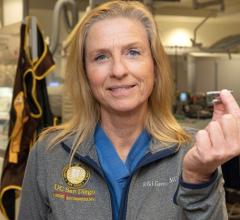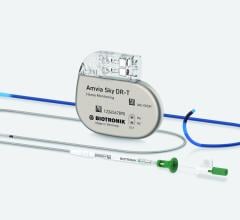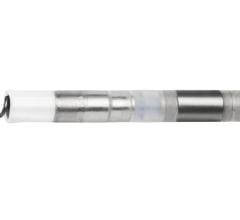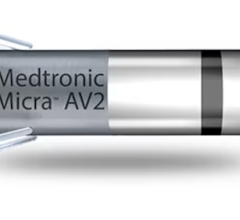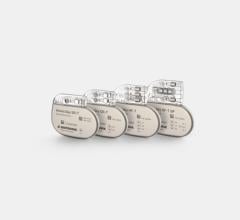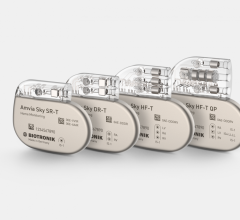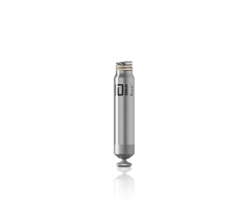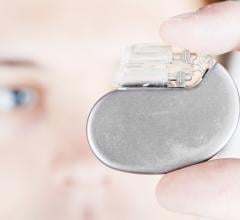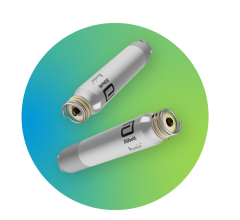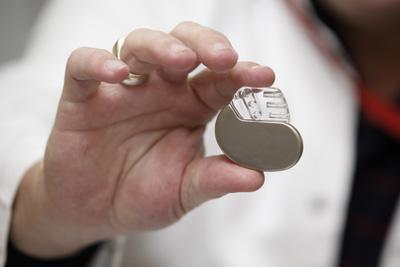
February 3, 2015 — In modern western societies the fitting of pacemakers and implantable cardioverter defibrillators (ICDs) is growing rapidly. Devices of this type control heart rhythm and, if necessary, send an appropriate response to make the heart beat at the right rhythm. They also record heart activity patterns when abnormal heart rhythm is detected. This information is periodically checked and monitored by a doctor to plan future treatment. To do this, the information is transmitted in wireless mode to an external device. At the moment this communication is carried out in hospitals. A researcher in the University of the Basque Country’s (UPV/EHU) Department of Communications Engineering has developed the Ladon security protocol, an efficient mechanism to authenticate, authorize and establish the end-to-end keys (keys for communication between the terminal used by the doctor and the patient's device) for ICDs.
The main manufacturers of pacemakers and ICDs have started to market remote management devices. The remote monitoring of implantable, wireless medical sensors is a constantly advancing field which nevertheless still has clear shortcomings. The direct connection of medical sensors to the Internet is the next natural step in this evolution, and will enable doctors to obtain the information stored by the sensors at any moment and from any device connected to the Internet. Despite its great potential, the success of a monitoring system of this type is determined, among other things, by the protection of the privacy of the information transmitted.
There are three key parameters in the development of new solutions for implantable medical sensors: energy consumption, memory space and latency. Energy efficiency is the most important design parameter for any protocol that has to work in these devices, since replacing the batteries used in them means opening up a wound in the patient's chest. As UPV/EHU researcher Jasone Astorga explained, it has been found that "the energy consumption of this Ladon protocol is negligible in comparison with the usual consumption of a pacemaker or ICD when applying its therapy (stimulating or defibrillating), and has no significant impact on how long the batteries last". On the other hand, they have found that the deployment of this security application in the sensors has led to very little memory consumption. And finally, the latency incorporated by the protocol in the setting up of a secure communication is also less. All this turns it into a protocol suited to deploying functionalities to authenticate and control access in the sensors and for the setting up of a secret key that can be used to protect the confidentiality and integrity of the medical information transmitted over the wireless network.
For more information: www.ehu.eus

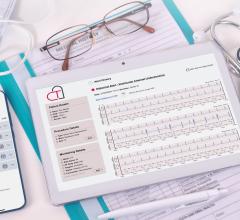
 May 02, 2025
May 02, 2025 
